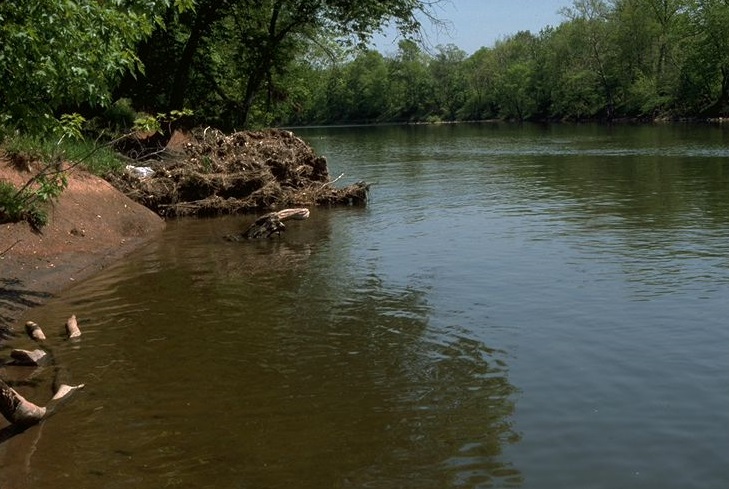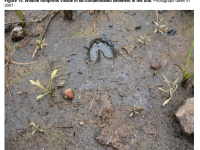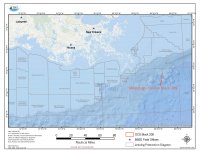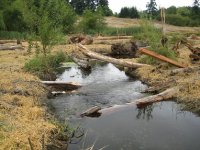Pollution Settlement Finalized to Restore Wetlands, Floodplains, and Riverbanks along the Raritan River in New Jersey
May 1, 2024
On April 8, 2024, the New Jersey District Court accepted the entry of a settlement reached by NOAA and our co-trustees with Wyeth Holdings, LLC. This settlement compensates for natural resource injuries resulting from hazardous substance releases at/near the American Cyanamid Superfund Site in Bridgewater, New Jersey.
Under this 2024 Consent Decree for settlement, Wyeth Holdings LLC will create 112 acres of forested floodplains and vernal pools, as outlined in the Trustees’ Final Restoration Plan/Environmental Assessment (PDF 66 pages). This restoration project will provide needed habitat, as well as access to nature for communities that have been disproportionately affected by the pollution. Recreational trails along the restored area will include education signage. Past and future costs associated with injury assessment, restoration oversight, and project monitoring are included in this settlement, as well as long-term stewardship of the restored area.
For decades, the American Cyanamid facility was the site of multiple hazardous substance releases, including a range of contaminants that were discharged directly into the Raritan River. The factory manufactured chemicals and pharmaceuticals, and distilled coal tar. Cuckolds Brook, which crosses the site and flows into the Raritan River, was a conduit for untreated liquid waste from the early 1900s through the 1930s.
This is the second Consent Decree with the Trustees and the potentially responsible party, Wyeth Holdings LLC related to the American Cyanamid Superfund site. This 2024 settlement addresses residual injuries to floodplains, riparian areas, and wetland habitat injured by contamination. An earlier settlement between the natural resource trustees and Wyeth Holdings, LLC, dated February 1, 2017, resolved potential liability for injuries in the river.
For more information, contact Reyhan Mehran at reyhan.mehran@noaa.gov.
For more information and to stay in the know, sign up for DARRP’s Coastal Recovery news.







